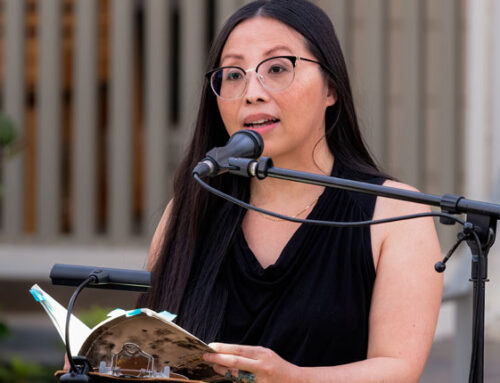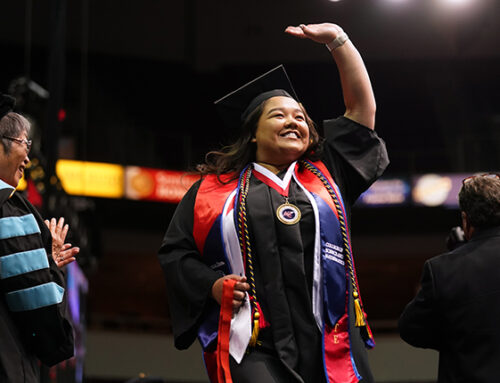(EDITORS — See related press release on Fresno State Winery and Farm Market Solstice wine special.)
Experts from Fresno State’s Physics or Earth and Environmental Sciences Departments are available for comment regarding the Summer Solstice that will occur June 21, the official first day of summer.
The Summer Solstice when the sun reaches its farthest northern point in the sky and once an important tool for agriculture — will occur at 11:06 a.m. PDT on June 21 and is known as the first day of summer in the Northern Hemisphere as well as the longest day of the year.
But even as temperatures begin hitting triple digits locally, the Summer Solstice isn’t the hottest day of the year, notes Dr. Frederick Ringwald, physics professor at Fresno State.
“Since it takes the Earth time to absorb enough sunlight to warm up, the hottest day of the year will be in about two months,” Ringwald said.
He also notes the Summer Solstice doesn’t always happen on June 21, “because the year is 365.2422 days long, not 365 exactly or 365.25, which is what observing a leap year every four years assumes.”
Ringwald said the last time the Summer Solstice wasn’t on June 21 was in 1975 (it was on June 20), and the next time it won’t be will be in 2012 (when it will be on June 22).
For agricultural implications, he notes, the Summer Solstice was important to pre¬industrial cultures who hadn’t yet invented clocks or calendars, since knowing the time of year is important for agriculture.
“It isn’t really a big deal now, since we’ve known how to build clocks since the 1300s, and a calendar accurate to within one day in 3000 years has been in use since 1582,” Ringwald said.
At Fresno State, the Solstice will serve as the occasion for two events: the release of the California Solstice wine along with three other popular wines produced by students at the award-winning Fresno State Winery and the announcement of the Farm Market
Summer Celebration that will be held Saturday, June 30. (Details to come on these events.)
EXPERTS:
Dr. Frederick Ringwald (Physics): 559.278.2371
Dr. Steve Lewis (Earth and Environmental Sciences): 559.278.6956




